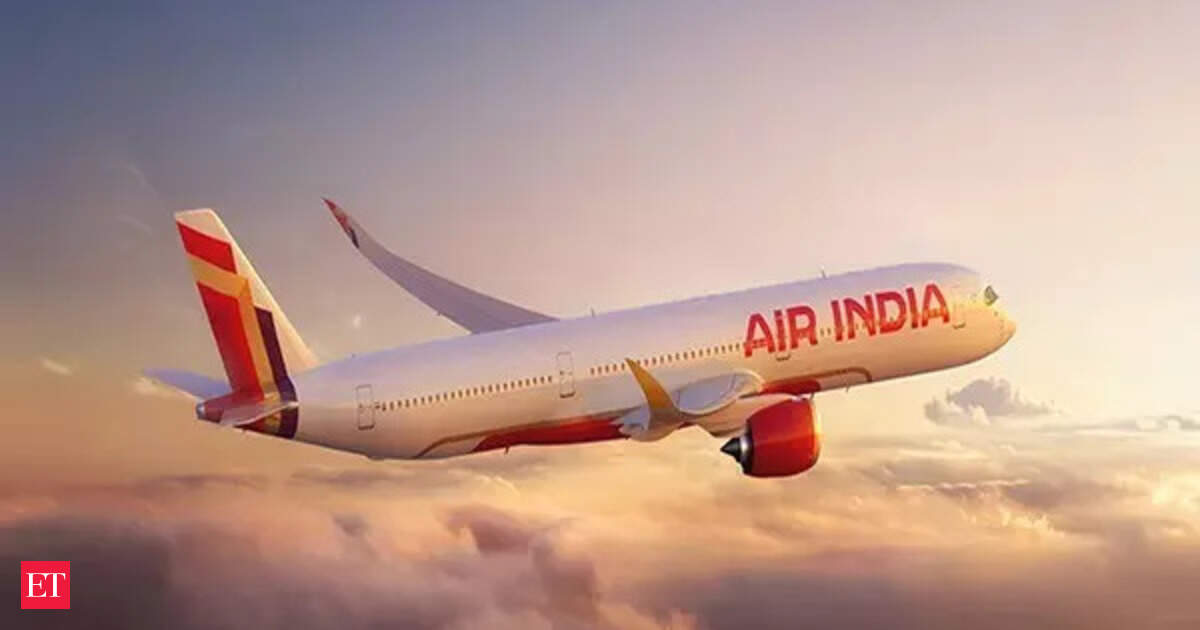In a statement, the airline described the claims as “unsubstantiated and inaccurate,” and clarified that such disclosures are part of a standard process aimed at ensuring rightful recipients receive interim compensation promptly.
The controversy arose after reports suggested that some bereaved families were being pressured to reveal their financial ties to deceased loved ones, allegedly as a prerequisite to receive financial support. Air India, however, rejected this portrayal, stating that the request for information was intended to avoid delays in payments and to ensure fairness in identifying the legal beneficiaries.
Also Read: Air India plane crash: UK law firm supports British families over ‘serious questions’
“It has come to our notice that allegations have been made against the company claiming that families of the deceased in the AI-171 accident are being forced to sign papers disclosing their financial dependency on the deceased, in an attempt to slash compensation payments,” the airline said.
It added, “Efforts are being made by the airlines to process the payment of the interim compensation (also referred to as advance compensation) as soon as possible, to meet the immediate financial needs of affected family members, with the first payments having been made within days of the accident. However, Air India cannot process these payments in an information vacuum.”
As part of the process, Air India has requested families to fill out a questionnaire that includes a yes/no query on financial dependency. The airline defended the questionnaire as a fair and necessary step to verify beneficiaries.
“To facilitate payments, the airlines have sought basic information to establish family relationships to ensure that the advance payments are received by those entitled to them,” it said. “Whilst the questionnaire does ask family members to indicate with a ‘yes’ or ‘no’ as to whether they are ‘financially dependent’ on the deceased, the airline believes that the process is entirely fair and necessary.”
The questionnaire was made available at a Facilitation Centre set up at the Taj Skyline hotel in Ahmedabad starting June 15. Families were also informed they could receive the form over email if they preferred not to visit in person.
“Air India staff present at the Centre explained the elements of the questionnaire to family members. There is no requirement for family members to complete the questionnaire at the Centre, and several families have chosen to complete the questionnaire at their convenience and submit it over e-mail. Families who chose to complete the questionnaire at the Centre were provided with copies of their submissions at their request,” the airline said.
Also Read: AI-generated content fuels misinformation after Air India crash
Air India also addressed concerns about alleged visits to victims’ homes, clarifying that no such visits were conducted solely to collect forms or information relating to interim compensation.
The airline reiterated that forms filled by families at hospitals or morgues were unrelated to compensation and were intended for official record-keeping.
So far, interim compensation has been disbursed to 47 families, with documents for another 55 victims verified and payments being processed. The airline said it is “in active dialogue to expedite the release of funds to the rest of the bereaved families.”
“As a part of the Tata Group, the airline upholds core values of integrity and responsibility and remains committed to serving the community, especially during challenging times,” the statement said.
Beyond statutory compensation, Air India highlighted a voluntary ex-gratia relief package from the Tata Group: Rs 1 crore (approximately GBP 85,000) per deceased passenger. A trust with a corpus of Rs 500 crore (about GBP 43 million) is being set up to manage and distribute this support and provide long-term aid to the families.
“These families will forever be part of the Tata family. All these efforts are voluntary and in addition to any compensation payable by Air India under law,” the airline said.
With inputs from ANI




